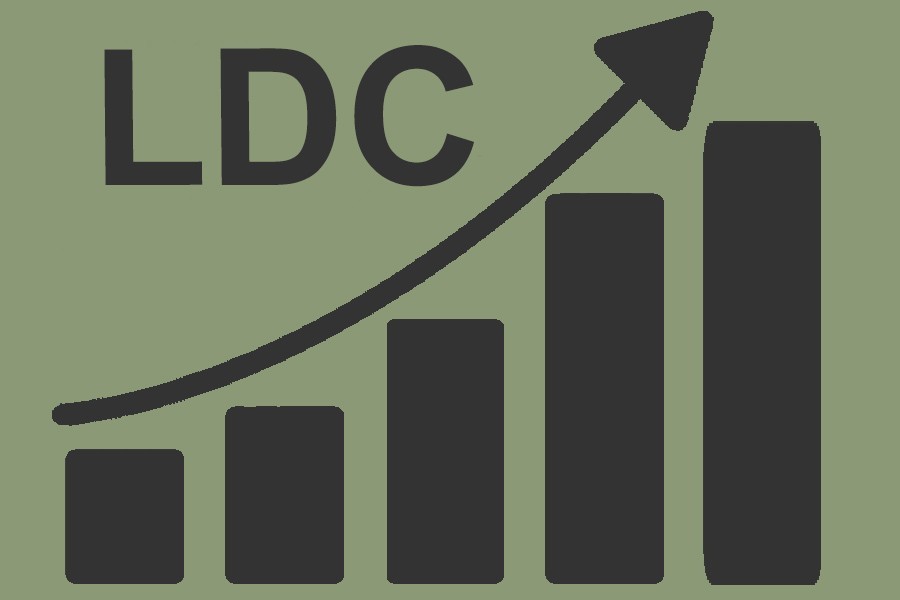
Published :
Updated :

Speakers at a workshop have suggested signing of bilateral and regional trade agreements to overcome the challenges after graduation from the least developed country (LDC) status.
Free Trade Agreement (FTA) can be used as a tool in this regard, they said, suggesting signing FTA with the country's largest trading partners like European Union (EU) to get maximum trade benefits after the graduation.
They also pressed for conducting researches to identifying both advantages and disadvantages of signing FTA with any country and what types of FTA should be signed and with whom.
The observations and recommendations came at a workshop titled "FTA: A Tool for Facing the LDC Graduation Challenges" jointly organised by commerce ministry and Bangladesh Foreign Trade Institute (BFTI) held in the city on Tuesday.
Shubhasish Bose, senior secretary of commerce ministry was present as the chief guest at the workshop chaired by Md Shafiqul Islam, additional secretary (FTA Wing) of commerce ministry.
BFTI chief executive director Ali Ahmed and its director Nesar Ahmed, among others, were present in the event.
Once Bangladesh comes out from the LDC status, it would lose trade preferences in the markets like EU, Canada, Australia, Japan, India and China in 2027 and has to achieve the GSP plus status in EU by meeting out some conditions, speakers said.
Loss of trade preferences, reduction in export and many of the exemptions of WTO provisions including TRIPs exemption for pharmaceutical sector are among the challenges Bangladesh might face once graduated from the LDC status, said South Asian Network on Economic Modeling (SANEM) executive director Selim Raihan.
"It might lead to an annual reduction in total exports of Bangladesh by 11 per cent. This will be equivalent to around $6.0 billion in 2027," he said while presenting his keynote paper.
Highlighting the benefits for Bangladesh after graduating from LDC status, he said FTA can be a useful tool to overcome the challenges related to the graduation.
He suggested digging out why, what type and with whom FTA should be signed.
FTA should be with large trading partners like EU as Bangladesh earns bulk of the foreign currency by exporting goods to EU under the GSP, he noted.
Bangladesh currently does not fulfil the second criteria of achieving EU GSP plus status, Ali Ahmed said.
The country's share to total EU imports under GSP is around 9.0 per cent which should be less than 6.5 per cent of the value of the EU's total GSP imports from all GSP beneficiaries, he explained.
He, however, recommended facilitating market access, concluding FTA/ regional trade agreement with potential countries, diversifying both products and markets, increasing labour productivity, reducing cost of production and cost of doing business and improving trade-related infrastructure and trade facilitation system.
Policy Research Institute of Bangladesh (PRI) research director MA Razzaque, in his presentation explained the issues and strategies needed to be considered in assessing FTAs.
Strategies should identify sectors of priorities, market opportunities, balancing offensive and defensive priorities and trade gains, he recommended.
Mr Shafiqul Islam in his presentation showed the status of existing FTAs of the country.
munni_fe@yahoo.com


 For all latest news, follow The Financial Express Google News channel.
For all latest news, follow The Financial Express Google News channel.